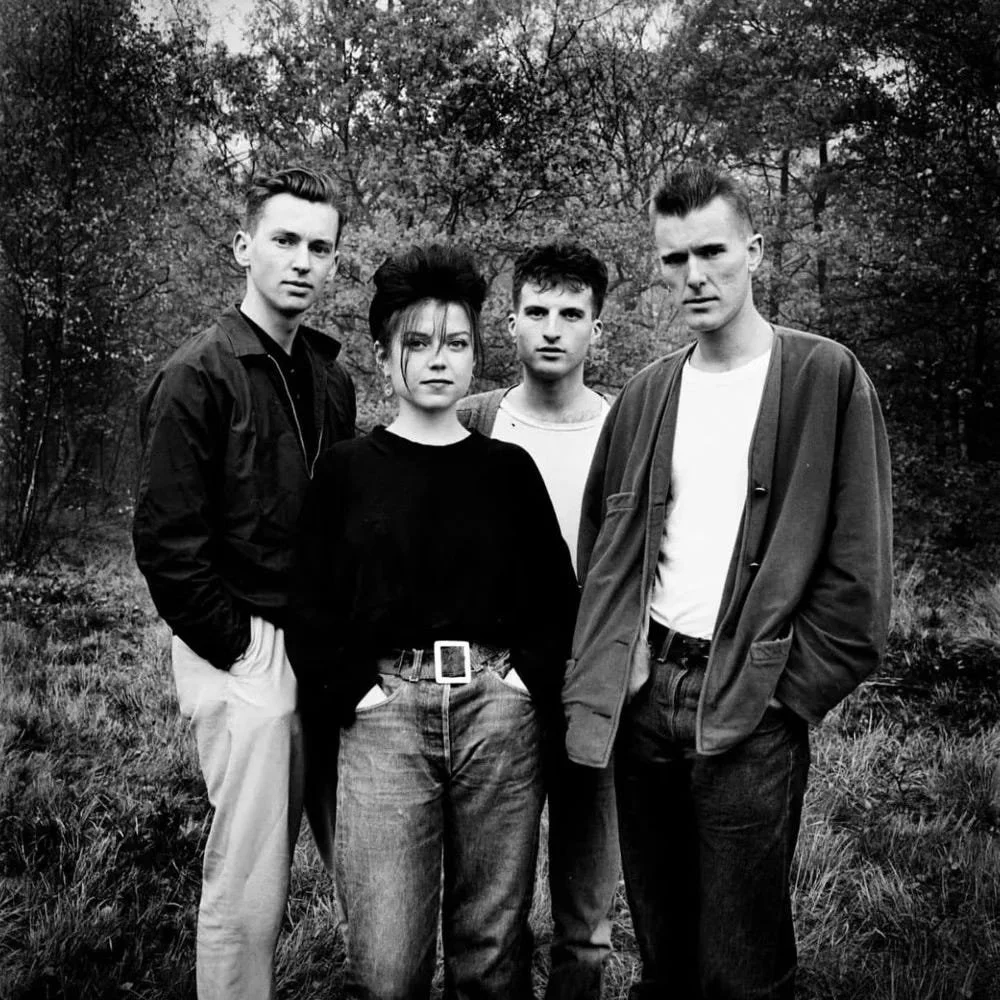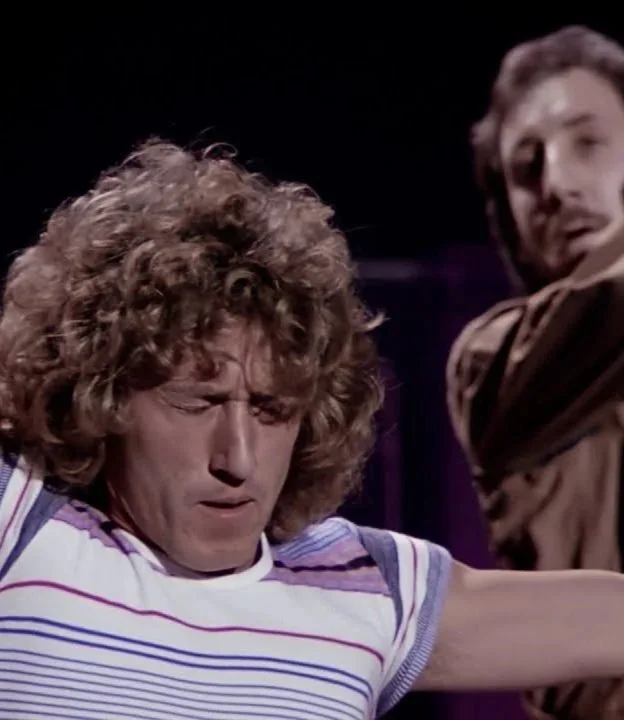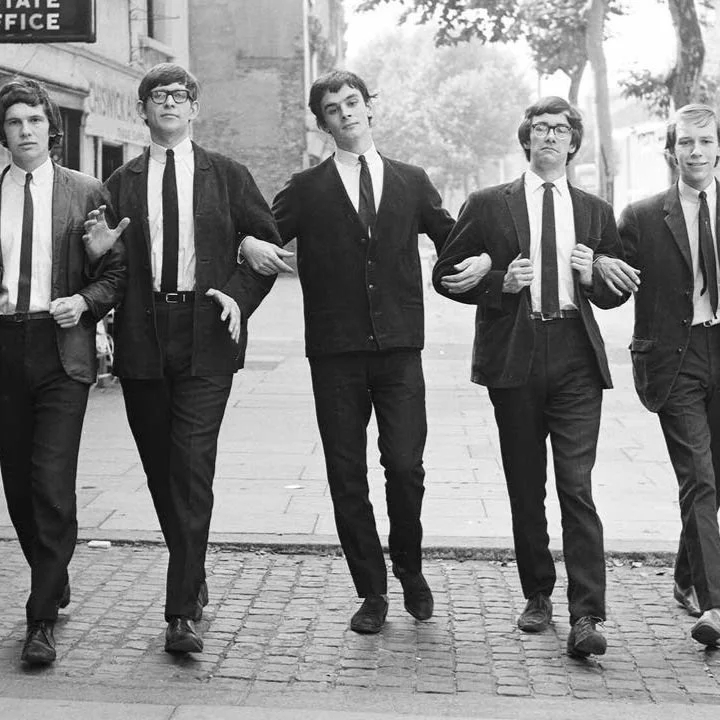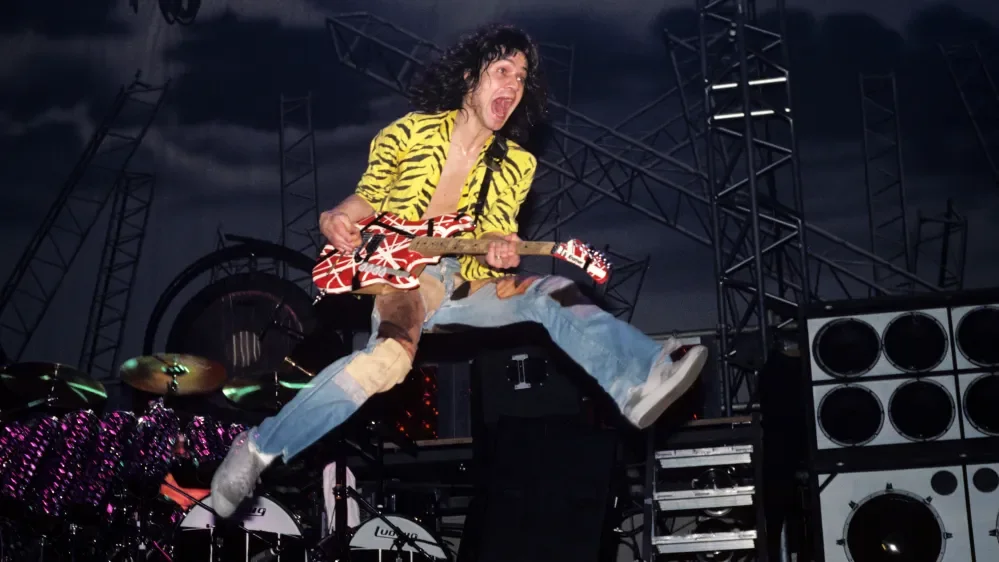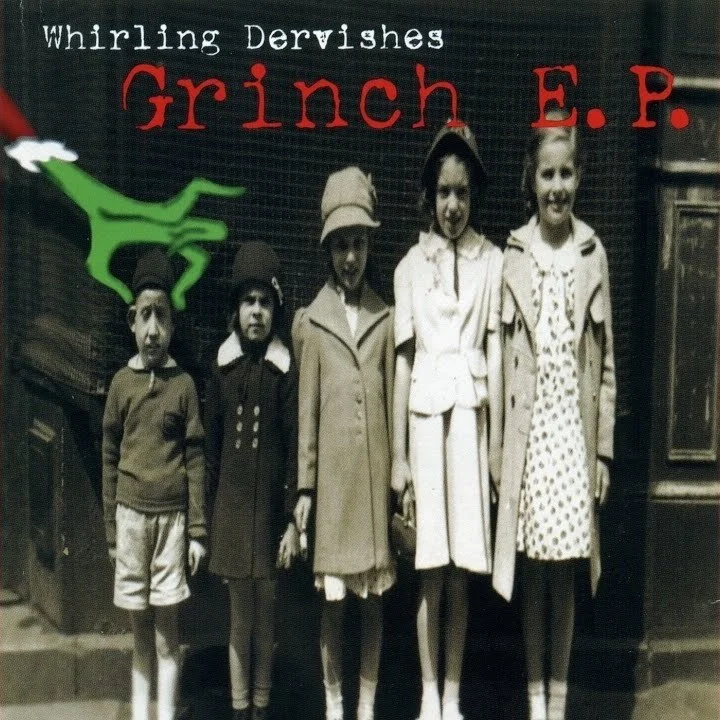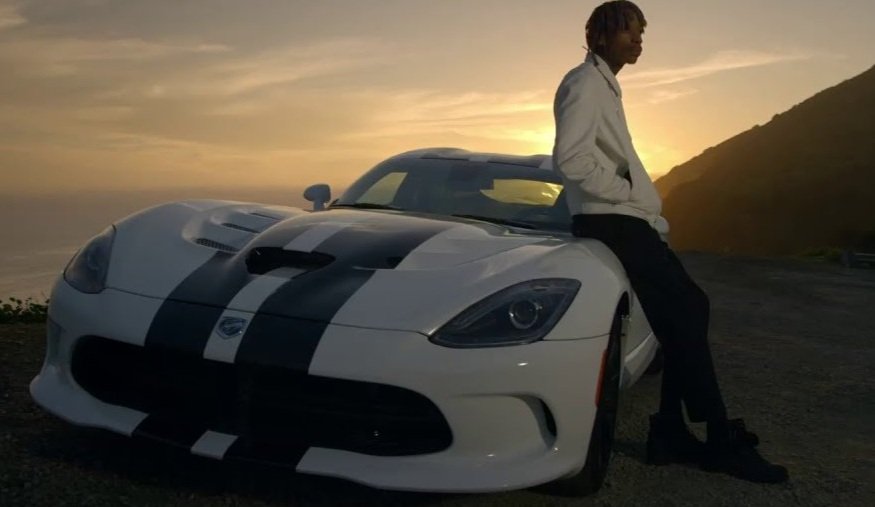The Sundays - Here's Where The Story Ends
"Here's Where The Story Ends" is a song by The Sundays, released in 1990 as part of their debut album, "Reading, Writing and Arithmetic." The song showcases the band's signature jangly guitar sound, reflective lyrics, and the ethereal vocals of lead singer Harriet Wheeler.
The track stands out for its introspective and melancholic vibe, exploring themes of nostalgia, love, and the passage of time. It captures a sense of yearning and vulnerability, which resonated with listeners at the time and continues to do so today.
The Sundays formed in 1988 in the United Kingdom and quickly gained traction with their blend of alternative rock and dream pop. "Here's Where The Story Ends" became one of their most popular songs, helping them secure a place in the early 90s alternative music scene. The song received significant airplay on college radio and was well-received by critics, contributing to the band’s enduring legacy in the genre.
Despite their success, The Sundays didn't release a large number of albums; they followed up with "Blind" in 1992 and "Static and Silence" in 1997, but disbanded soon after. The band's sound and Wheeler's distinctive voice have influenced many artists in the indie and alternative genres over the years, ensuring that "Here's Where The Story Ends" remains a beloved classic.
The Who - Won't Get Fooled Again
"Won't Get Fooled Again" is one of The Who's most iconic songs, released in 1971 as part of their rock opera album "Who's Next." The track is notable for its powerful themes of revolution, disillusionment, and the cyclical nature of political change.
The song's origins can be traced back to earlier material that was intended for the abandoned rock opera "Lifehouse." After the project's collapse, the band repurposed some of its concepts into "Who's Next." The song features Pete Townshend's signature synthesizer work, along with Roger Daltrey's explosive vocal performance, especially during the song's famous climax.
Lyrically, the song expresses a sense of skepticism towards political movements and leaders, suggesting that even with change, people's hopes often lead to disappointment. The anthemic chorus, "We don't get fooled again," has resonated as a message of resilience and awareness among listeners.
Musically, the song is renowned for its dynamic shifts, from quieter sections to the intense finale, showcasing The Who's signature sound. It has been a staple in their live performances and has been covered by numerous artists. The extended use of the synthesizer and the unique structure have cemented "Won't Get Fooled Again" as one of the greatest rock songs of all time.
Tracy Chapman and Luciano Pavarotti - Baby Can I Hold You Tonight
Baby Can I Hold You Tonight is a song originally written and performed by Tracy Chapman, an American singer-songwriter known for her soulful and introspective music. The song was released on her self-titled debut album in 1988. It's a poignant ballad that explores themes of love, longing, and vulnerability. Joining Luciano Pavarotti, the renowned Italian operatic tenor, makes this performance all the more special.

